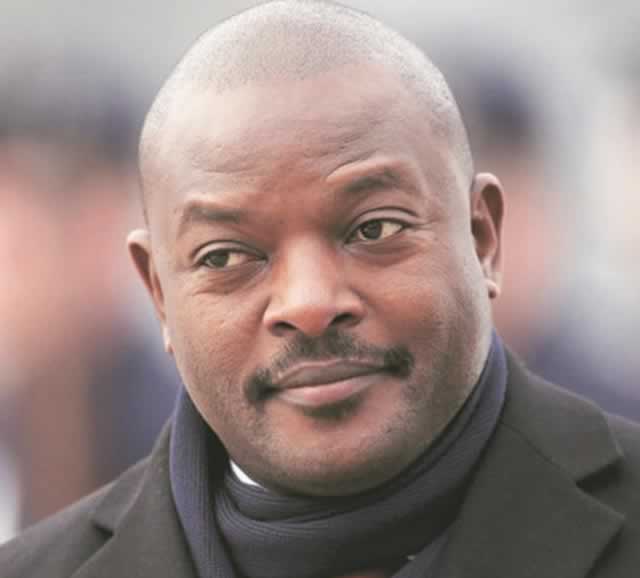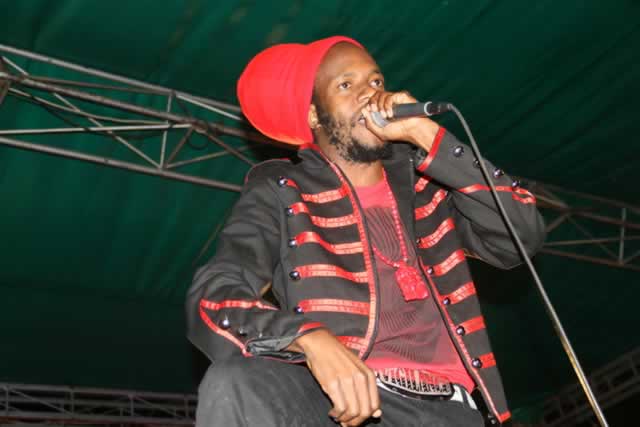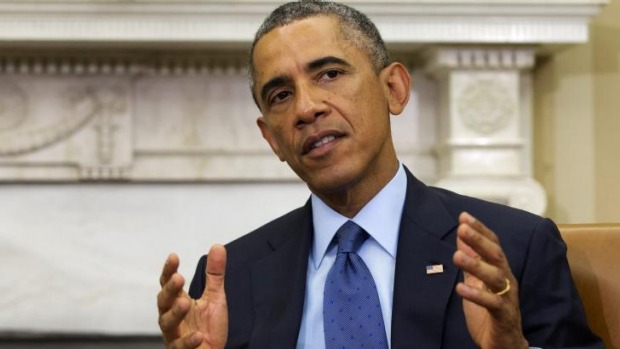Packed agenda for mid-term Summit

Correspondents
The African Union summit in South Africa, where the theme is how to increase the empowerment and development of women, is to take place this week and comes hard on the heels of the creation of a Tripartite Free Trade Area in Egypt.
But persistent civil wars in South Sudan and Libya, ongoing terror threats posed by the jihadist extremist groups Boko Haram in West Africa and al-Shabab in east Africa, and the destabilising impact of a leader trying to cling on to power in Burundi — and potentially other countries — could push such promising developments down the agenda.
In Burundi, President Pierre Nkurunziza has provoked violent streets protests and an aborted coup by insisting on running for a third term in office, against the apparent two-term limits of the constitution.
Similar crises could be looming in both Congos, Rwanda and other countries.
Yet it is unclear how the AU will deal with this problem of “third-termism” as an official put it. South African President Jacob Zuma told the recent World Economic Forum (WEF) in Cape Town that Africa should resolve not to tolerate attempts by Africa’s leaders to extend their terms in office but Minister of International Relations and Co-operation Maite Nkoana-Mashabane told journalists yesterday that the AU had no overall policy limiting leaders to two terms and would have to defer to national constitutions and wishes.
The civil war which erupted in South Sudan in December 2013 with a split in the ruling SPLM and then led to wider political and ethnic violence, is also on the agenda of the summit, as it was at the last summit.
Analysts said a key question was whether the AU would agree to publish an explosive report which the AU itself commissioned into human rights abuses by both sides.
South African Deputy President Cyril Ramaphosa is involved in efforts to reconcile the warring SPLM leaders, President Salva Kiir and his former deputy Riek Machar.
Leaders will also discuss the chaos in Libya, which has dragged on since the longtime leader Muammar Gaddafi was deposed and killed in 2011.
The country now has two governments and the recognised one which will represent the country at the summit has been ousted from the capital by a rival government and is based in the eastern city of Tobruk.
The packed agenda will also include discussions on a plan to make the AU more self-sufficient and less dependent on foreign donors in funding its own programmes; and also on adopting a formal African position on the Post-2015 development agenda to be agreed upon at the UN in September and in the UN climate conference in Paris in December.
South Africa stepped in to host the summit at the last minute after Chad was obliged to withdraw because of the Boko Haram threat. Since then the eruption of xenophobic — or “Afrophobic” — violence has embarrassed the host country.
It has also placed a question mark over the full participation of the continent’s leaders in the summit, with reports that some leaders whose nationals were victimised might stay away in protest.
But Nkoana-Mashabane dismissed these concerns, insisting that “there is no boycotting of the African Union summit in South Africa.”
She said the AU Commission had assured her that a majority of the leaders of AU’s 54 member states would attend and all the governments would be represented at some level.
Nkoana-Mashabane said that Zuma had “led from the front in dealing with this so-called xenophobia,” noting that he had been well-received since then by both Mozambique’s new President Filipe Nyusi and Nigeria’s new President Muhammadu Buhari.
However, the ISS said that African leaders were sure to demand explanations from Zuma about what he was doing to prevent another outburst of violence.
He is likely to brief them about a revised immigration policy which an inter-ministerial commission is to present to cabinet next month, as Presidency Minister Jeff Radebe told the World Economic Forum (WEF ).
The economy
Leaders are expected to focus on security challenges across the continent, the issue of migrants crossing the Mediterranean, and improving infrastructure.
Nkoana-Mashabane said her country had made all arrangements for a productive African Union Summit.
Addressing reporters Monday in Pretoria, she said the eradication of poverty was at the top of the agenda.
“It’s going to take our will to fold (up) our sleeves, pull (up) our socks, particularly our younger generation and work for the prosperity of this continent and total poverty eradication through radical economic transformation into your own hands,” said Mashabane.
Africa is developing rapidly. The countries with the fastest growing economies in the world are found on the continent. But experts believe the lack of good roads, electrical grids and other infrastructure is hampering this growth.
Elham Ibrahim, the AU’s commissioner for infrastructure and energy, said this topic would also be given a great deal of attention as part of the AU’s New Partnership for Africa’s Development (NEPAD) economic cooperation programme.
“We have a permanent session in every summit for the NEPAD where infrastructure is considered and also for the presidential infrastructure championing initiative,” said Ibrahim.
Political unrest in Burundi and the war in South Sudan will be discussed, and leaders will also take a closer look at the continued threat of terrorism in countries like Kenya, Nigeria and Somalia.
With thousands of African migrants losing their lives in the Mediterranean Sea while trying to reach greener pastures in Europe, issues of migration will also feature on the agenda.
Officials will discuss the continent’s position on proposed changes at the United Nations, paying particular attention to the role and level of representation of African states in the UN system.
Minister Mashabane denied allegations that some African countries were boycotting the summit because of the recent xenophobic violence that took place in South Africa.
“We have received confir- mation that all AU member states will be represented.
The majority of the heads of state will be attending, so there is no boycotting of the African Union summit in South Africa,” said Mashabane. — Agencies









Comments